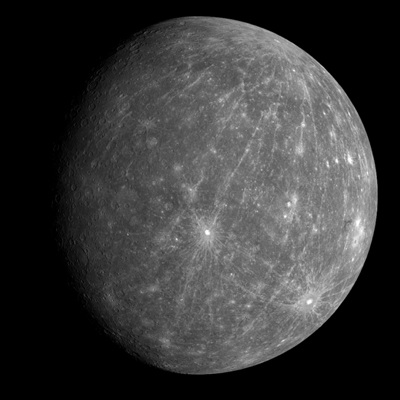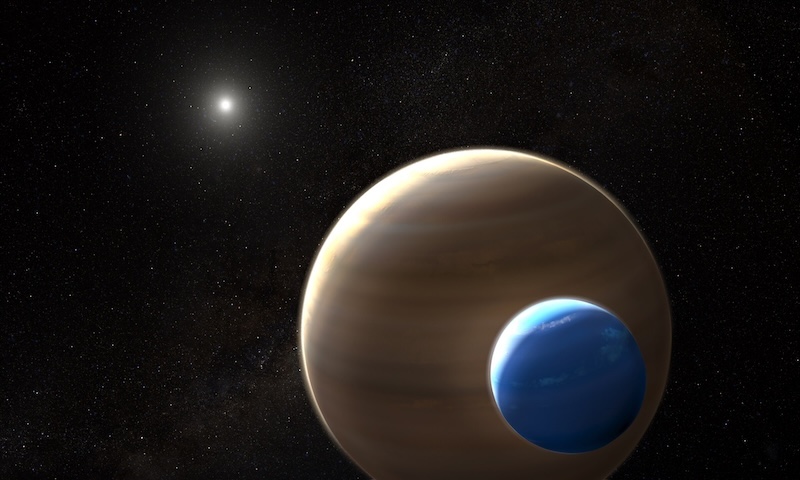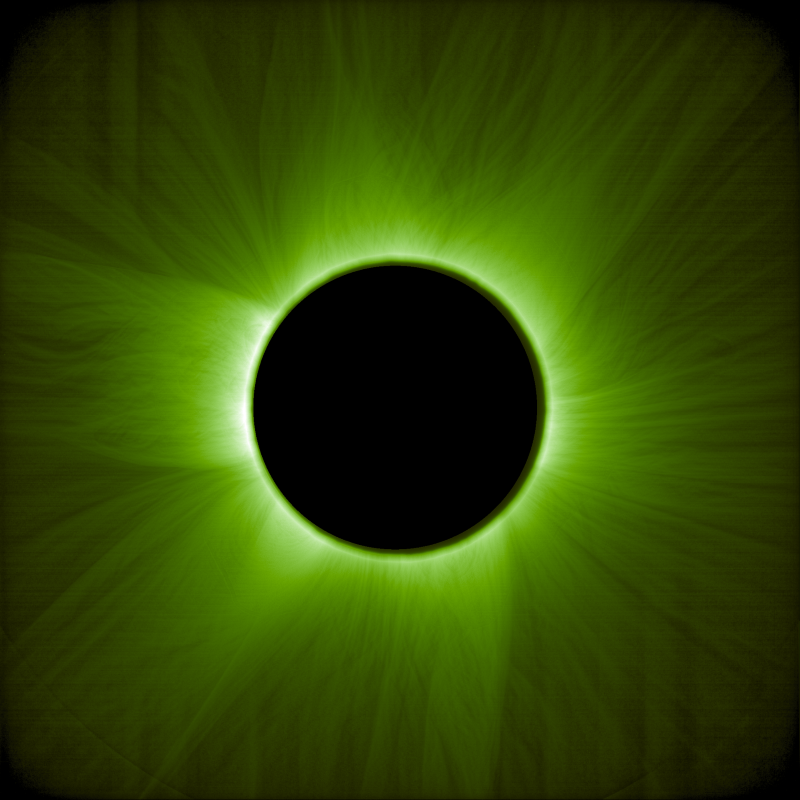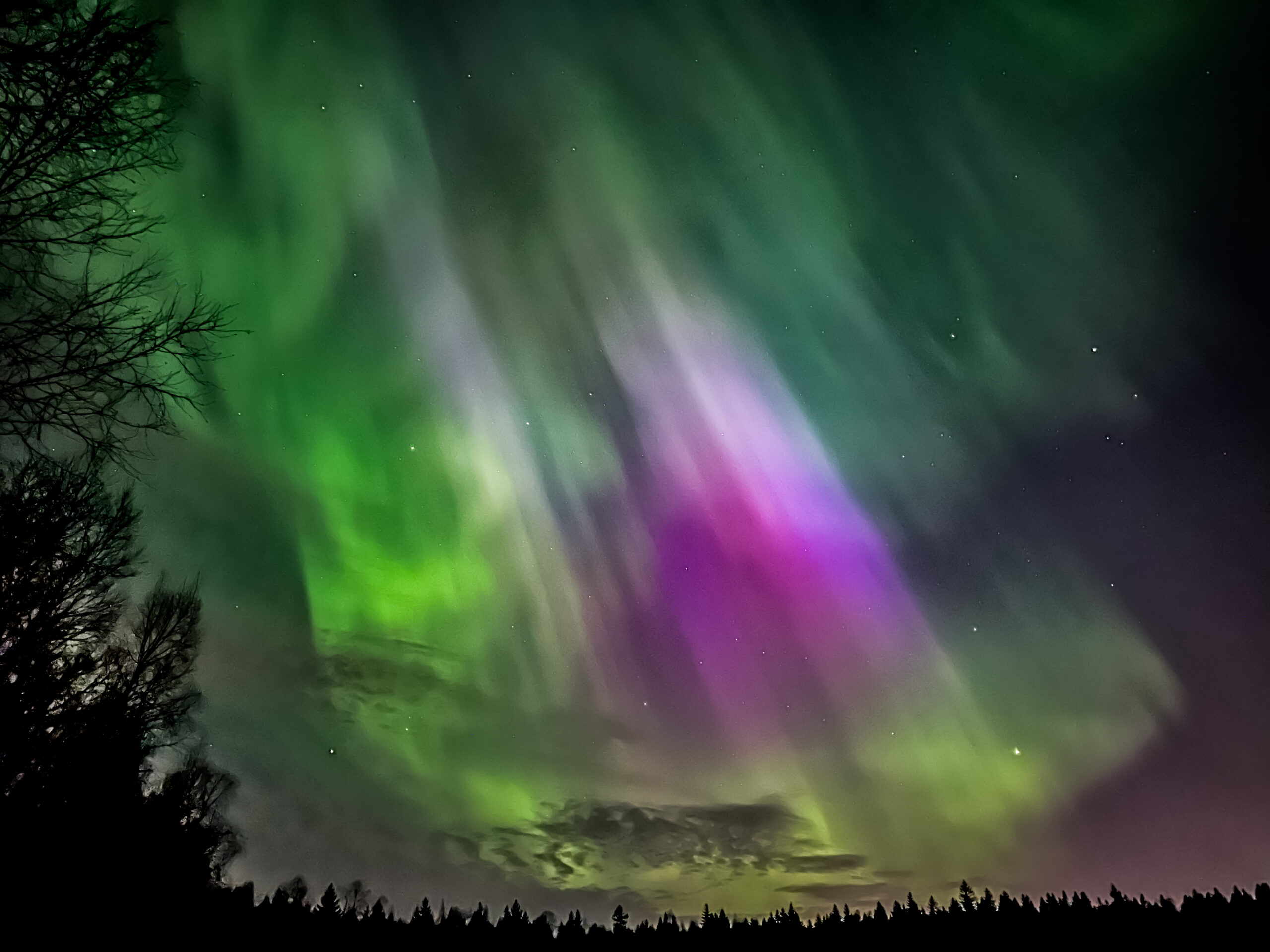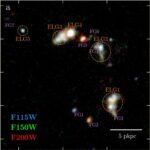Now Reading: Is our whole universe spinning? A new study suggests it is
-
01
Is our whole universe spinning? A new study suggests it is
Is our whole universe spinning? A new study suggests it is
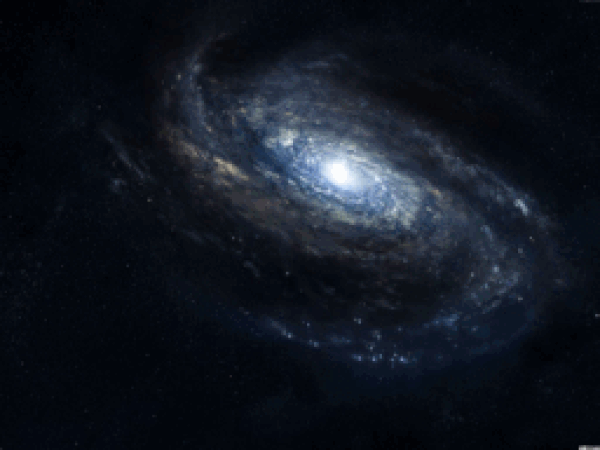

Science matters. Wonder matters. You matter. Join our 2025 Donation Campaign today.
Is our entire universe spinning?
Our Earth is spinning, the sun is spinning, the solar system is spinning and our galaxy is spinning. So it would make sense to think that our entire universe is spinning as well. Yet that’s not what current models suggest. Instead, the general consensus is that the universe is expanding with no signs of rotation. But on April 14, 2025, scientists from the University of Hawaii said the universe might be rotating … just extremely slowly.
The researchers published their peer-reviewed study in the journal Monthly Notices of the Royal Astronomical Society on March 21, 2025.
One of the study’s authors, István Szapudi of the University of Hawaii, said:
To paraphrase the Greek philosopher Heraclitus of Ephesus, who famously said Panta Rhei (everything moves), we thought that perhaps Panta Kykloutai (everything turns).
Holes in our current understanding
The standard model of cosmology is the current favored explanation of our universe. It describes how our universe came to be in the Big Bang, how large structures formed and what they’re made of (both ordinary and dark matter). In addition, the model describes both the acceleration of the universe in its late stages as well as the expansion rate in its early days. But it doesn’t explain everything, however.
Basically, that’s because the expansion rate of these two measurements don’t line up. And this disagreement is called the Hubble tension. But that’s where the new research might help. The scientists made a mathematical model of the universe. And, when they added just a smidge of rotation to the universe, they had a revelation. Szapudi said:
Much to our surprise, we found that our model with rotation resolves the paradox without contradicting current astronomical measurements. Even better, it is compatible with other models that assume rotation. Therefore, perhaps, everything really does turn. Or, Panta Kykloutai!

Everything turns
Earth completes one revolution in a day. The sun averages one rotation every 27 Earth days. And then the Milky Way galaxy makes a complete turn about once every 200 million years. The new research said the entire universe might rotate once every 500 billion years. This would be too slow to detect easily. Yet it would be enough that we would see its effects on the expansion of space over time.
So, is this the solution to the Hubble tension? The scientists said the next step in their process will be to create a full computer model of the universe and look for signs of this slow cosmic spin.
Bottom line: Is the universe spinning, much like Earth, the sun, our solar system and the galaxy? If it is, it may help resolve the Hubble tension, a conundrum in the expansion of the universe.
Source: Can rotation solve the Hubble Puzzle?
The post Is our whole universe spinning? A new study suggests it is first appeared on EarthSky.
Stay Informed With the Latest & Most Important News
Previous Post
Next Post
-
 01Two Black Holes Observed Circling Each Other for the First Time
01Two Black Holes Observed Circling Each Other for the First Time -
 02From Polymerization-Enabled Folding and Assembly to Chemical Evolution: Key Processes for Emergence of Functional Polymers in the Origin of Life
02From Polymerization-Enabled Folding and Assembly to Chemical Evolution: Key Processes for Emergence of Functional Polymers in the Origin of Life -
 03Thermodynamic Constraints On The Citric Acid Cycle And Related Reactions In Ocean World Interiors
03Thermodynamic Constraints On The Citric Acid Cycle And Related Reactions In Ocean World Interiors -
 04Φsat-2 begins science phase for AI Earth images
04Φsat-2 begins science phase for AI Earth images -
 05Hurricane forecasters are losing 3 key satellites ahead of peak storm season − a meteorologist explains why it matters
05Hurricane forecasters are losing 3 key satellites ahead of peak storm season − a meteorologist explains why it matters -
 06Binary star systems are complex astronomical objects − a new AI approach could pin down their properties quickly
06Binary star systems are complex astronomical objects − a new AI approach could pin down their properties quickly -
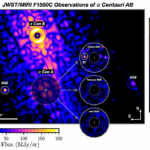 07Worlds Next Door: A Candidate Giant Planet Imaged in the Habitable Zone of α Cen A. I. Observations, Orbital and Physical Properties, and Exozodi Upper Limits
07Worlds Next Door: A Candidate Giant Planet Imaged in the Habitable Zone of α Cen A. I. Observations, Orbital and Physical Properties, and Exozodi Upper Limits












